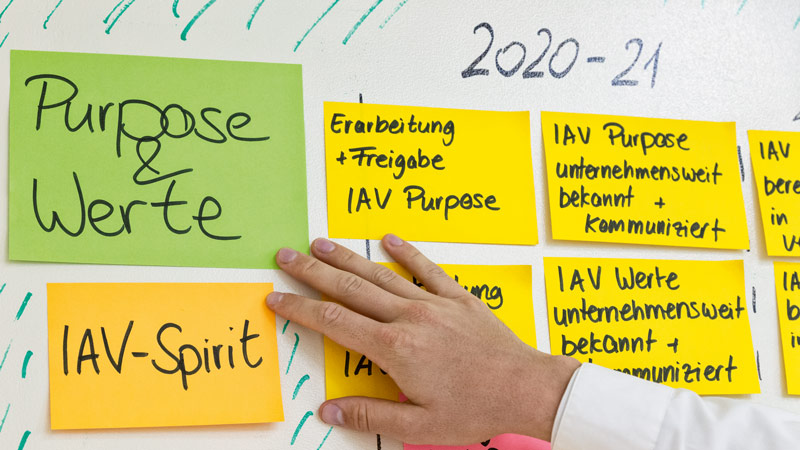Hydrogen economy Germany – Politics has not yet reached its goal
There are signs of euphoria in the energy industry: Against the backdrop of the Paris climate targets, companies are working on industrial restructuring and surprising with innovations – with the goal of CO₂ neutrality in 2050 always firmly in sight. The reason for the upbeat mood is hydrogen, a versatile energy carrier and storage medium and a central element in the Energiewende plans being pushed by the European Commission and the German government.
The transformation to a hydrogen economy offers Germany a major industrial policy opportunity with the prospect of countless jobs and extremely great potential for sectors such as the steel and chemical industries as well as mechanical and plant engineering, without whose technologies in the field of H₂ and power-to-X products this mammoth task would be impossible to implement.

«But for hydrogen to actually begin its triumphal march, a new course must be set. Because as long as fossil fuels are cheaper than "green molecules," hydrogen produced from renewable energies can hardly be competitive.»
— Managing Director AG Power-to-X for Applications, German Engineering Federation (VDMA)
As part of its National Hydrogen Strategy (NWS), the German government is spending large sums of money – a total of 7 billion euros to promote H₂ technologies – to move the issue forward. However, with its target of 5 gigawatts of planned electrolysis capacity by 2030, the NWS falls short of the capabilities of plant manufacturers.
The real Achilles’ heel of the NWS, however, is its lack of effective measures to stimulate a necessary demand market for hydrogen applications in Germany. Without market-oriented stimuli, policymakers run the risk that financial support will fizzle out without effect. Suitable levers for artificially increasing the price of fossil products would be a significant CO₂ price or – as long as CO₂ prices are not high enough – a legal constraint such as Green energy quotas.
The European Renewable Energy Directive (RED II), in which the EU determines the minimum amounts of renewable energy for the transport sector, offers a great opportunity to bring hydrogen or hydrogen derivatives to the market. Unfortunately, efforts on the part of policymakers to implement RED II have been woefully inadequate to date. However, if we want to achieve an economically driven market ramp-up of hydrogen and CO₂ savings in transport, then a quota for hydrogen and synthetic fuels is urgently needed.
Only with an ambitious implementation of RED II and the use of synthetic fuels is a transport turnaround and the achievement of the EU climate targets possible. And for the existing vehicle fleet with internal combustion engines, a rapidly effective CO₂ reduction can only be achieved with the use of so-called e-fuels.
«In order to make rapid progress on climate protection in Germany, all available instruments must be used, including by policymakers. The federal government must set a regulatory framework that creates incentives to invest in the relevant technologies.»
— Managing Director AG Power-to-X for Applications, German Engineering Federation (VDMA)
Unfortunately, however, we are often too slow and always try to discuss the best possible solution before taking action. Unlike here in Germany, where the issue of hydrogen has only really taken hold since last summer, Japan, for example, was quick to focus on a H₂ society and is systematically pushing ahead with its implementation.
It is clear that in the 2030s, the world will look technologically different than it does today. I am convinced that the production of hydrogen will then have been introduced on a large industrial scale worldwide. Thanks to hydrogen, we will see an intelligent linking of sectors such as electricity, industry and transport. Hydrogen will then be used in many industrial processes and will largely replace fossil fuels.
The article was published in automotion 01/2021, the automotive engineering magazine of IAV. Here you can order the automotion free of charge.
- Hydrogen & Fuel Cell
